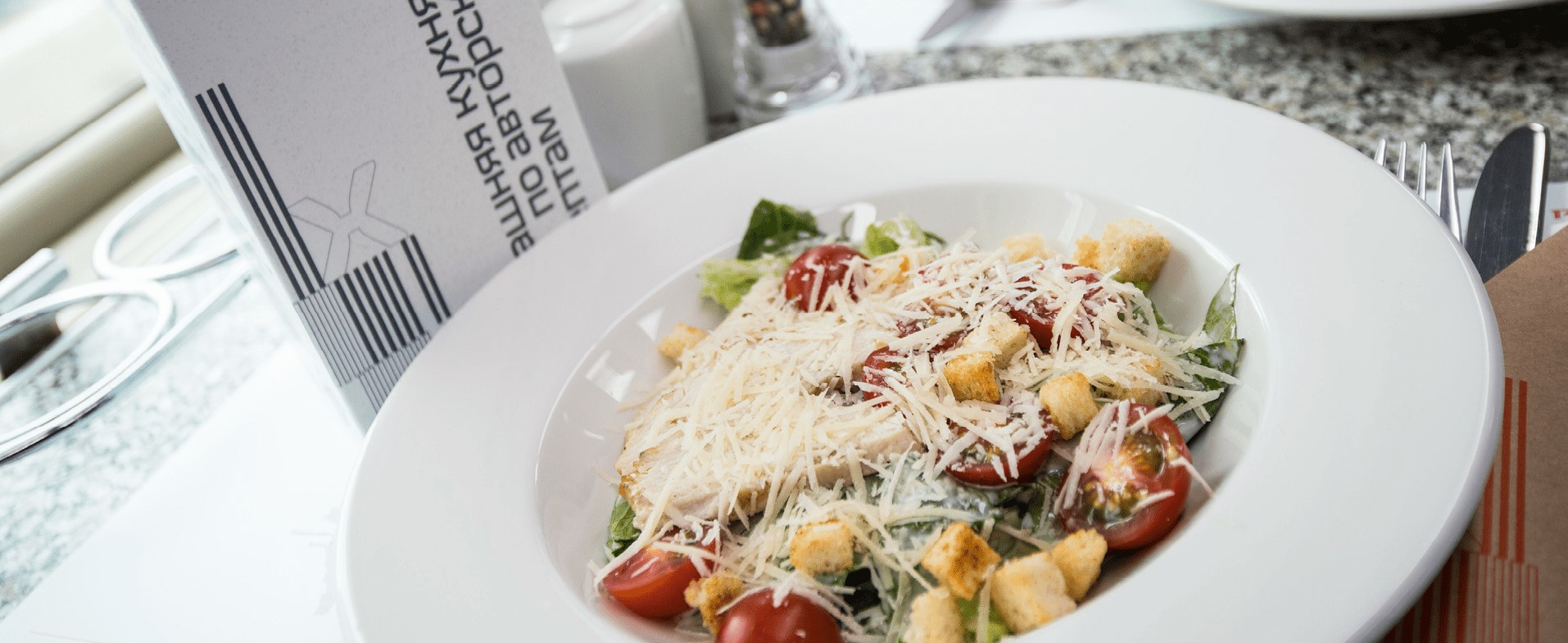Customer Service
The Company has been able to maintain a high level of customer service through constant focus on service quality improvement. Improving passenger experience is a top priority for the Company.
Customer service levels
Passenger satisfaction with service quality is monitored on a regular basis through online surveys on
According to passenger evaluation of service quality in 2020, our customer satisfaction score was 4.39 on a
Overall passenger satisfaction with FPC services is based on passenger ratings of the following:
- Ticketing process (online, in a mobile app or ticket offices)
- Fare pricing
- Customer service on-board (travel comfort, technical condition and cleanliness of carriages, attendants’ performance, bed linen and travel kit)
- Catering (prepaid meals, dining carriage services and merchandise)
- RZD Bonus Loyalty Programme
A total of 242,141 passengers provided feedback on FPC service quality in 2020.
The Company regularly monitors NPS (Net Promoter Score, measuring customer loyalty to a product, service or company), to develop its services, improve competitiveness and assess passenger loyalty to the Company and their willingness to recommend its services to others.
In 2020, our NPS stood at 45, up 2 points from 2019 and 1.4 times higher than three years ago. Passengers are loyal to the Company, as the share of promoters is 45 % larger than that of detractors.
Customer Service Innovations
Informing staff on passengers with medical skills on a train.
The software of Express-3 system was successfully modified for quick identification of passengers with medical skills on a train to request aid in case other passengers are unwell.
Customer service and staff work during the novel coronavirus outbreak.
The following measures were taken to curb the spread of the coronavirus:
- Disinfection of all surfaces in carriages before a journey
- Increasing carriage cleaning frequency en route from two times per day to four times per day
- Use of personal protective equipment (masks, gloves) and hand sanitiser by train crews while attending to passenger needs
- Passenger temperature screening
Troika travel cards of the Moscow Metro
Since March 2020, passengers on trains arriving to Moscow are offered Troika travel cards of the Moscow Metro prepaid for two trips for RUB 225. Over 5,300 cards have been sold since the project launch, grossing more than RUB 1.1 million.
Launch of the Sochi tourist train on the Tuapse–Gagra route
On 15 August 2020, a new tourist train No. 927/928 Sochi was launched on the Tuapse–Sochi–Gagra route. All carriages feature a retro design in the style of the 1970s–1980s and state-of-the-art equipment.
Launch of Strizh higher-speed trains on the Saint Petersburg–Moscow–Samara route.
Strizh higher-speed trains were launched on the Saint Petersburg–Moscow–Samara route on 20 August 2020, featuring carriages made by Pantentes Talgo S.L., previously used on the Moscow–Berlin route.
Personalised passenger notification of arrival
Since 1 September 2020, economy-class travel kits issued to passengers in premium carriages include a sticker that a passenger can put up on their compartment door to indicate time when they want to be woken up before arrival to their destination.
Enhancing meal quality
Food delivery to a carriage door
Since the beginning of 2020, FPC offers a new service whereby passengers can order door-to-door food and add-on items delivery from restaurants located in cities where FPC trains stop on their journeys.
The service complements the existing catering services.
A total of 52 restaurants and cafes are connected to the service in the following cities: Moscow, Saint Petersburg, Samara, Yaroslavl, Novosibirsk, Krasnodar, Ulan-Ude, Irkutsk, Chita, Chelyabinsk, Khabarovsk, Saratov, Petrozavodsk, Yekaterinburg, Voronezh, Tyumen, Komsomolsk-on-Amur, Surgut, Vologda, Krasnoyarsk, Ivanovo, Vladivostok, Ufa, Mineralnye Vody, Nizhny Novgorod, Smolensk, Kazan, Sochi, Penza, Cheboksary, and Omsk. New partners keep joining the list.
The service is provided both at departure and transit stations. An order can be placed at the
In October 2020, the service was supplemented with an option to order food delivery to a train carriage through RZD for Passengers mobile app on iOS or Android devices.
Currently, work is underway to migrate the service from
Catering concept
On 25 November 2020, Oleg Belozerov, Chief Executive Officer – Chairman of the Executive Board at Russian Railways, approved the key provisions of the Long-Distance Train Catering Concept (the “Concept”).
The key objectives of the Concept are to improve passenger catering and satisfaction on FPC trains through the following:
- Transparent carrier-operator relations model
- Creating a single brand book for dining carriages
- Implementation of a customer service matrix
- Use of local and international best practices
- Service attendant motivation and training
A number of initiatives will be rolled out to achieve the Concept objectives, covering all key elements of catering on trains:
- Adjusting menus to incorporate consumer preferences for courses and prices
- Service streamlining:
- Higher standardisation of menus on comparable routes including recipes and cooking techniques
- Changing in cooking techniques (a shift towards almost ready meals)
- Equipment upgrade, given its high wear and tear and availability of new technologies
- New infrastructure solutions (in particular, conversion of compartments in administrative carriages to store and cook meals on routes with limited consumer purchasing power)
Phased implementation of the Concept elements is now underway on pilot routes. Transition to the new model of operator relations is scheduled for completion by year-end 2021.
